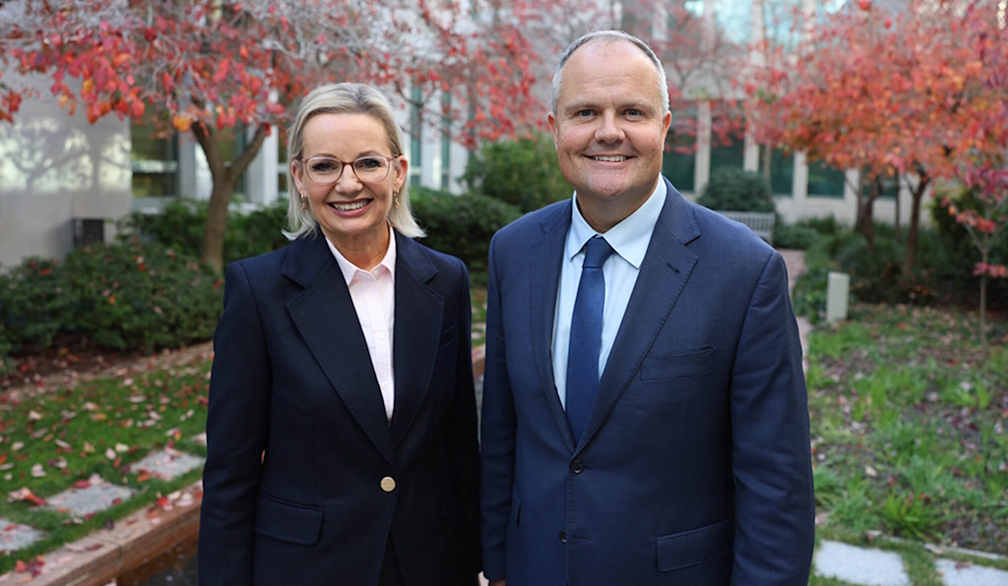How Net Zero Will Adversely Change How We Live — and Why the Coalition’s Abandonment of That Aspiration Could Be Beneficial
- Written by Times Media

The drive toward net zero emissions by 2050 has become one of the most defining political, social, and economic objectives of the modern era. While the goal is rooted in climate science and the need to limit global warming, it also carries profound implications for daily life, national competitiveness, and economic sovereignty. As the Coalition signals a potential shift away from the net zero target, Australians are beginning to reassess what the policy truly means for households, industries, and future prosperity.
The Everyday Costs of the Net Zero Agenda
Achieving net zero requires a complete transformation of how energy is produced, consumed, and regulated. While these changes may sound environmentally responsible, the financial burden falls heavily on consumers.
1. Rising Energy Bills:
Renewable energy sources like wind and solar require massive upfront infrastructure investment, as well as new transmission networks. While the cost of solar panels has fallen, the costs of storage, grid upgrades, and backup supply have surged. These expenses are passed on to households through higher electricity tariffs. Many Australians are already facing record power bills despite decades of renewable expansion.
2. Transport and Vehicle Costs:
The move to phase out petrol and diesel vehicles in favour of electric cars poses another challenge. EVs remain significantly more expensive to purchase, and Australia’s charging infrastructure lags far behind that of Europe or China. For regional Australians, the lack of reliable charging points and the long distances between towns make the transition particularly unrealistic. The net effect is higher upfront costs and less choice for consumers.
3. Pressure on Agriculture and Manufacturing:
Farmers face growing compliance costs as methane emissions, fertiliser use, and livestock numbers come under scrutiny. Manufacturing industries—especially those that rely on gas or coal-fired energy—are being forced to decarbonise rapidly or face closure. This drives up the cost of locally produced goods, making imports more competitive and eroding Australia’s self-reliance.
Lifestyle and Social Changes Under Net Zero
Beyond economic impacts, the net zero framework reshapes how Australians live and work.
1. Urban Energy Rationing and Restrictions:
Cities are expected to face restrictions on gas heating, household energy use, and construction materials that fail to meet “green” standards. Some local councils are already banning new gas connections. These shifts, while designed to reduce emissions, risk creating a two-tier system—where wealthier households can afford to “go green” and others are left behind.
2. Travel and Aviation Costs:
As airlines are forced to pay for carbon offsets or use expensive synthetic fuels, airfares are projected to rise. Domestic tourism and family travel will become more expensive, affecting regional economies that rely on visitors.
3. Job Market Disruption:
Tens of thousands of jobs in traditional energy sectors—coal, oil, and gas—are under threat. While the renewable sector promises new employment, many of these jobs are shorter-term construction roles or located in different regions, meaning displaced workers cannot easily transition.
The Coalition’s Breakaway: A Return to Practical Policy?
The Coalition’s move to abandon the rigid net zero commitment marks a significant ideological and economic shift. Rather than rejecting environmental stewardship, it signals a return to pragmatic policy-making—one that weighs environmental goals against economic realities and national interest.
1. Energy Security and Affordability:
By freeing itself from the constraints of net zero, the Coalition can refocus on affordable, reliable energy. This may involve extending the life of coal and gas power plants while investing in emerging low-emission technologies like nuclear energy—long championed as a stable, zero-carbon alternative. This approach prioritises reliability and cost over ideology.
2. Protecting Australian Industry and Jobs:
Without the net zero straitjacket, heavy industries such as mining, steel, and agriculture can remain competitive globally. Australia’s natural resource exports are vital to its economic stability and trade surplus. Preserving these sectors ensures employment, tax revenue, and investment remain strong.
3. Technological Neutrality Over Regulation:
A Coalition shift away from net zero also embraces the concept of technological neutrality—letting innovation, rather than government mandates, drive emissions reductions. This opens the door to cleaner fossil fuel technologies, carbon capture, and nuclear energy without banning existing sources of power.
A Question of Balance, Not Denial
Critics of abandoning net zero will argue that climate inaction carries its own costs, from environmental degradation to international reputational harm. Yet the Coalition’s position isn’t about denial—it’s about balance. It’s about ensuring that the cure doesn’t inflict greater pain than the disease.
Australia, after all, contributes just over 1% of global emissions. Its policies, while symbolically important, will not alter global climate trends unless major emitters such as China and India make equally binding commitments. For many Australians, especially in regional and working-class communities, the net zero pursuit has begun to feel less like a shared mission and more like a costly ideological burden.
Conclusion: A Shift Toward Realism
Net zero was always a noble goal, but in practice, it risks undermining affordability, energy reliability, and industrial resilience. By stepping back from the pledge, the Coalition positions itself as the party of energy realism—favouring stability, jobs, and sovereignty over aspirational targets that many now view as economically self-defeating.
In the end, the debate is not about whether to care for the environment, but how to do so without impoverishing Australians or weakening the nation’s foundations. The Coalition’s new direction may well spark the kind of national conversation Australia needs—a move from ideological purity toward pragmatic sustainability.

















